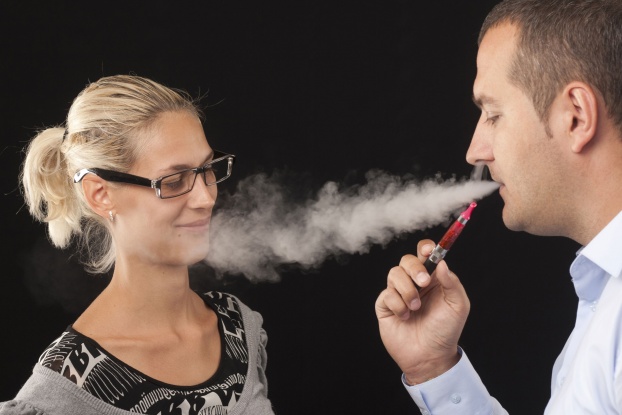Nearly every adult knows what the term ‘hangover’ means from overuse of alcohol, especially the hard liquor hangover, that comes with severe dehydration and a wicked headache. Then comes lethargy. The only cure? Hair of the dog that bit you (more of the same), or aspirin, lots of water, and time. Then it’s back to the start, and round and round you go. It’s a vicious cycle of binge drinking, hangover, aspirin, water, repeat cycle. The alcohol hangover can easily be compared to the nicotine hangover, and that goes for whether you smoke cigarettes or vape nicotine.
The nicotine hangover is different though, in one aspect, from the alcohol hangover, because the nicotine hangover brings angst, uneasiness, nervousness, and a craving that’s stronger than alcohol. Bringing this parallel to light can help you escape the nicotine trap. Then, add in a natural way to boost your dopamine levels, and you’re on your way out. Let us explain.
Most people don’t feel sorry for ‘nicotine addicts’ because the general consensus is that these people are “doing it to themselves” and “know how bad it is for you,” and you get the message. Nary a person who knows about nutrition and tries to pay attention to their health uses nicotine. That brings us to the eating habits and general health habits of those who do use nicotine.
The trap of nicotine is that it raises your dopamine levels and makes you feel good, but why is it that these folks need to “feel good” every 10 to 20 minutes, sucking back on a vape gadget or a cancer stick to get that fix? What do they need fixing from? Read more…

